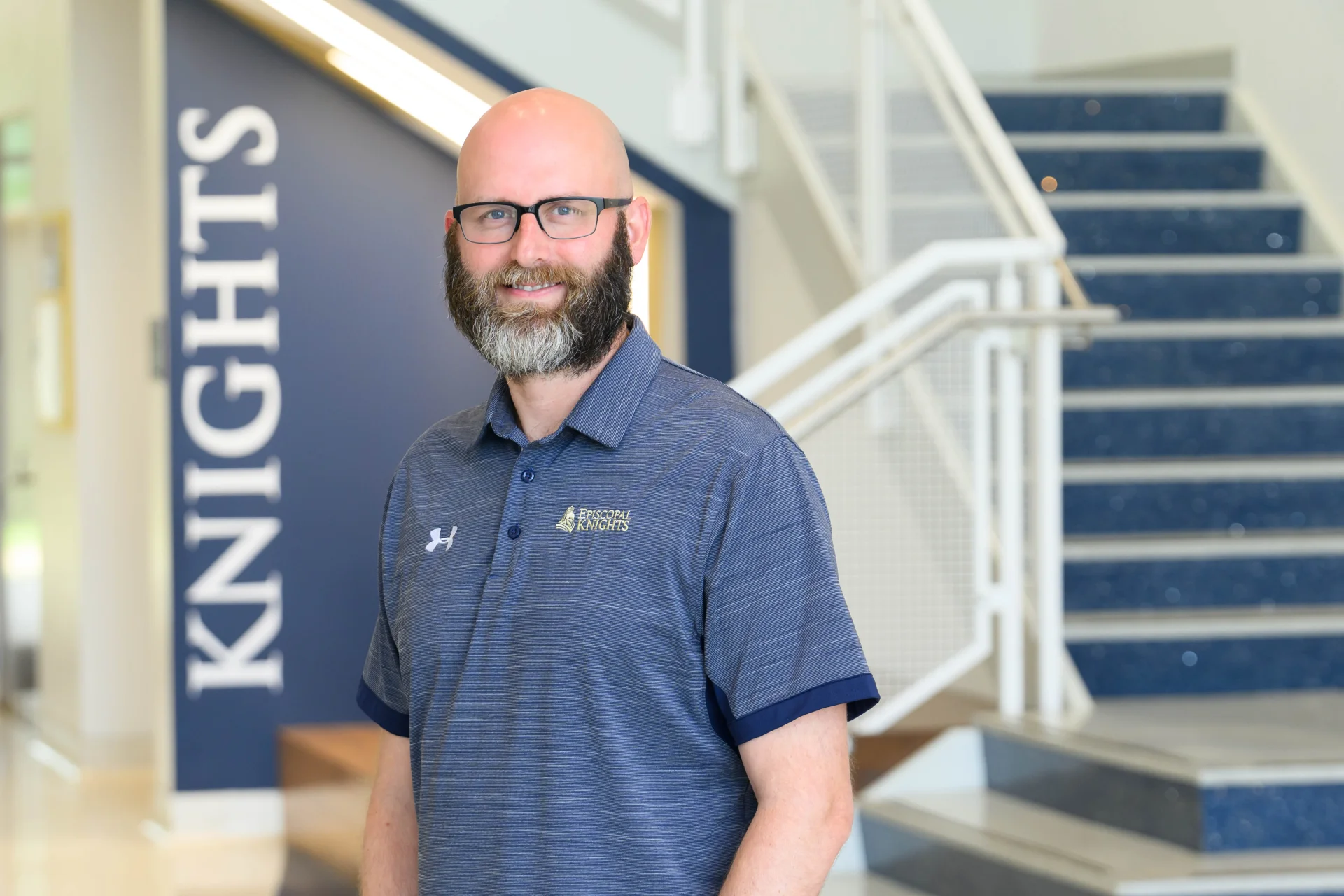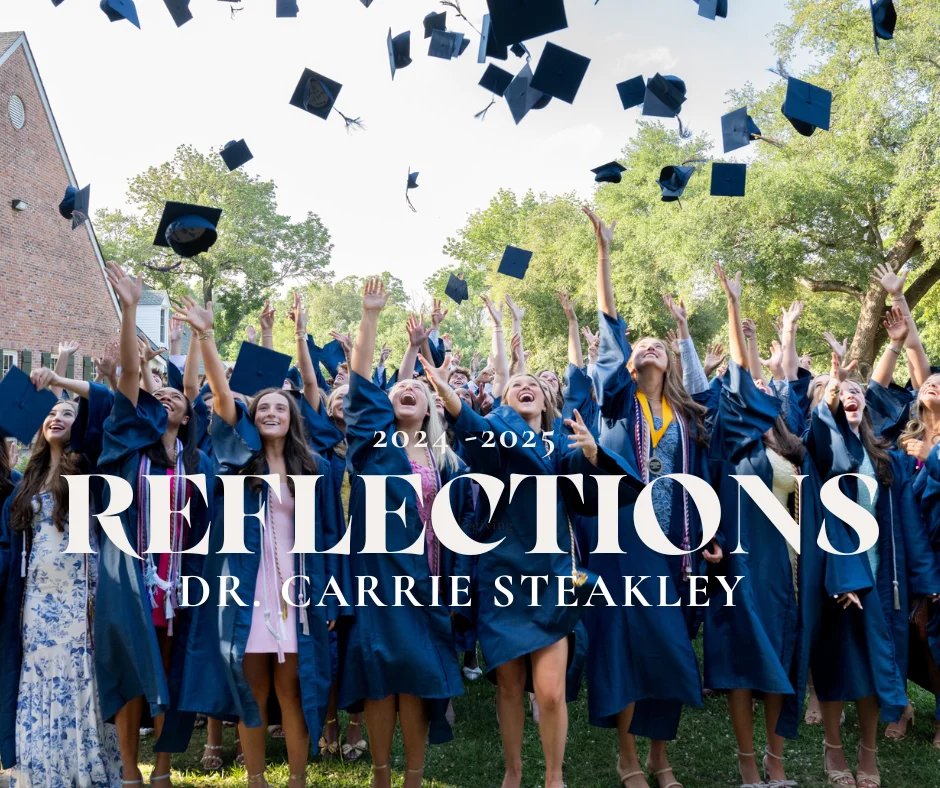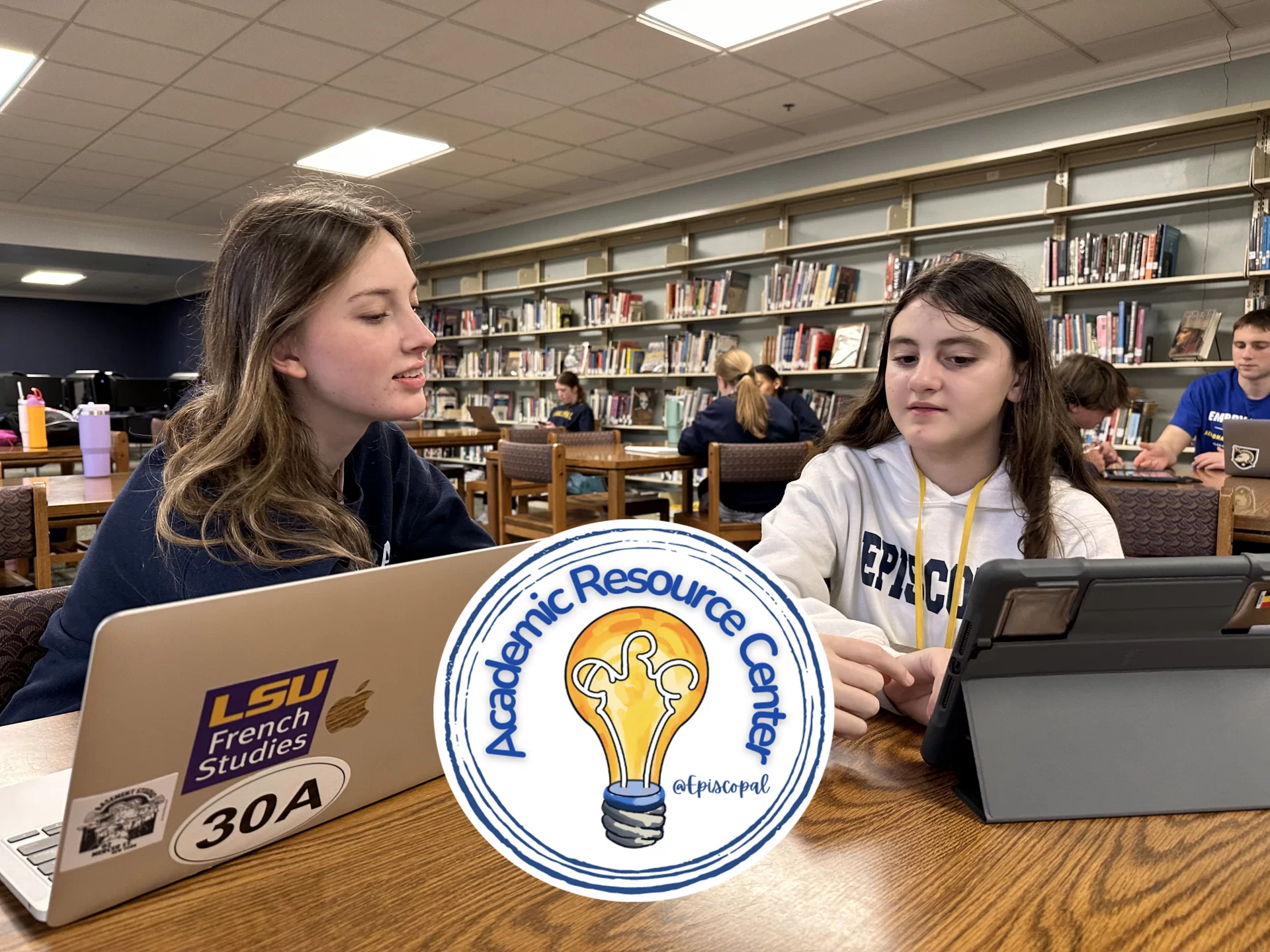- Admission
- Discover Episcopal
- Our Program
- Athletics
- Arts
- Spirituality
- Student Life
- Support Episcopal
- Alumni
- Parent Support
- Knightly News
- Contact Us
- Calendar
- School Store
- Lunch Menu
- Orientation
« Back
Addressing the Need for Diversity in the Arts
December 6th, 2018

Senior Thesis Student and Oboist, Lauren Smith, shares ideas from her thesis, arguing for more inclusive and diverse classical arts, which would allow all children to see themselves represented on the stage.
Music has the ability to touch the souls of individuals and move the masses. It has been at the center of social revolutions, and its captivating nature has withstood the test of time. We are fortunate here at Episcopal to have access to many art forms and opportunities. It was here where I first became a musician, picked up an instrument, and had the opportunity to join a musical ensemble.
A particular genre that has truly revolutionized almost all music that we hear today is classical music. Without it, the world would be quite a dull place. “Classical music” is a broad and insufficient term used to describe a plethora of music types, and sometimes we tend to forget that. Its elements exist in your favorite songs and movies, and surprisingly, it even played a tremendous role in the innovation of hip-hop and pop music.
The “orchestra hit” is one of the most used samples in pop and hip-hop music. Its sound takes the form of a musical bang that draws the audience in and helps drive the song’s beat. The orchestra hit was originally sampled in the early 1980s by Peter Vogel, the same person that created one of the first sampling and sequencing synthesizers in the mid-1970s. This sample was from Igor Stravinsky’s Firebird, which was originally scored in 1910. The particular moment in Firebird that the orchestra hit was sampled from was at the beginning of a scene called “Danse Infernale du Roi Kastchei.”
Though classical music may be everywhere, when it is performed in its traditional essence, it is quite exclusive. The full glory and splendor of classical music is not available for everyone to enjoy freely. There are a plethora of reasons supporting why classical music is indefinitely reserved for people of a certain demographic, but the stigmas attached to the music type as well as socioeconomic, historical, and psychological factors all play a role in why this art form is still so rooted in a traditionalistic mindset, despite the progressiveness of other art forms.
People love to have role models, especially when they look like us. Where the problem lies in classical music is that there are not enough role models for black and brown artists. Yes, there are some, but the amount is miniscule. In solely American orchestras as of 2016, less than 1.8% of participants were black and less than 2.5% were Hispanic. That amount is even less for ethnic participants when assessed on a global scale, especially considering that classical music, as most recognize it, is originally from the Eastern Hemisphere of the world, particularly Europe, although it has rhythmic and percussive influences as well as modal influences from Africa and Asia.
When I was much younger, I loved to watch performances of the Berlin Philharmonic, one of the world’s leading orchestras. The performances I watched on YouTube most definitely contributed to my ever-growing love for classical music. As much as I looked up to each and every performer, particularly the oboists and the conductors, I always found it difficult to truly see myself playing among them, let alone conducting the musicians, as an adult. I felt so distanced from the classical musicians that passionately played their instruments on my computer screen.
Yes, it was and is a dream of mine, but I never saw anyone else that looked like me to demonstrate that it was a legitimate possibility.
Classical music is expensive. Buying instruments (many of which cost thousands of dollars), the materials needed to play (e.g., reeds, ligatures, tools), and paying for lessons are some examples of the tedious expenses required to be considered as a classical instrumentalist. For musicians coming from underserved communities, which are oftentimes densely populated by people of color, receiving a musical education of the same caliber of their mostly white counterparts is especially difficult due to the prominent socioeconomic disadvantages.
As human beings, we all have preferences, whether implicit or explicit. When it comes to viewing performers on a stage, due to general social psychology that has been influenced and molded by history and racist justifications, if a ballet or symphony is being performed, the performers are expected to be white. So much so that the very principles of ballet performance are centered around identicality and the reference is a white-skinned, fairy-like performer. Even in symphonic performances, visual aesthetic preferences may lead people to expect a stage composed of similar looking people due to the art forms’ emphasis on symmetry and synchronization.
Diversifying the arts, specifically classical music is essential to its growth and ultimately its survival. The traditional aura surrounding classical music as it relates to what type of people are the dominant performers and observers is counterintuitive to the definition of art. Art is a “diverse” range of creative activities, but in classical art that is still performed today, the diversity element is inadequate. Diversifying classical music does not necessarily mean contemporizing the music itself, but rather taking measures to make it more inclusive for all individuals, especially because it is such a powerful medium of expression that can be life-changing for anybody no matter their skin color.
Lauren Smith
Lauren Smith has been an Episcopal student since Kindergarten, and she is currently a high school senior. She is a member of the Honors Thesis Program, and her thesis addresses the lack of representation in classical art forms, specifically in classical music and ballet, and how in order for the arts to progress, diversity is a necessity. Lauren is an avid participant in the arts. She is in Episcopal’s Wind Ensemble, Concert Band, Jazz Band, the Louisiana Youth Orchestra, and a variety of other ensembles. Lauren is also an Episcopal athlete who has participated in numerous sports over the years, and she plays multiple other instruments aside from the oboe, including the piano, saxophone, and clarinet.
The Episcopal School of Baton Rouge 2025-2026 application is now available! For more information on the application process, to schedule a tour, or learn more about the private school, contact us at [email protected] or 225-755-2685.
Other articles to consider
 Jun5Episcopal Announces New Athletic Director
Jun5Episcopal Announces New Athletic DirectorPlease join us in welcoming Brent Broussard to the Episcopal community.
See Details Jun2Episcopal Welcomes Dan Binder as the Next Upper School Division Head
Jun2Episcopal Welcomes Dan Binder as the Next Upper School Division HeadPlease join us in welcoming Dan Binder to the Episcopal community.
See Details May22End of the Year Reflection from Dr. Steakley
May22End of the Year Reflection from Dr. SteakleyAn Episcopal education and the community that supports it are remarkable. Dr. Steakley looks back at the moments that made the 2024/2025 school year.
See Details May12Tutoring with a Purpose: Jackson Ezell Reflects on His Time in the Academic Resource Center
May12Tutoring with a Purpose: Jackson Ezell Reflects on His Time in the Academic Resource CenterTime as an ARC Fellow boosts student confidence, encourages friendships and fosters lifelong learning habits. Senior Jackson Ezell reflects on his transformation as a tutor and the transformation of the center from Writing Center to Academic Resource Center.
See Details
Categories
- All
- Admission
- Athletics
- College Bound 2019
- College Bound 2020
- College Bound 2021
- College Bound 2022
- College Bound 2023
- College Bound 2024
- College Bound 2025
- Counselors Corner
- Episcopal Alumni
- Giving
- Head Of School
- Lower School
- Middle School
- Spirituality And Service
- Student Work
- The Teachers' Lounge
- Upper School
- Visual And Performing Arts











